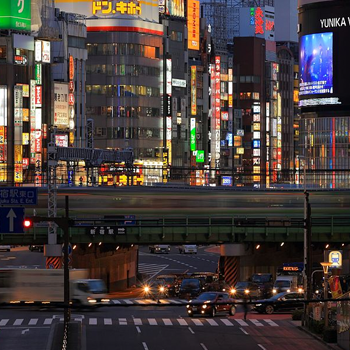Question #95007
1 Answer
1-propanol and allyl alcohol will actually react with the lucas reagent but it is invisible to the naked eye because both of them will react so less (both are primary alcohols). Maybe they will show results after several hours or days or if they are heated but they will 'REACT'.It is impossible for both the alcohols to have the same reaction rate so it is assumed that the reactivity of these primary alcohols would depend on their intermediate carbocations.
But a thing confusing to me is, allylic carbocations are stabler than tertiary carbocations but this allylic alcohol prop‐2‐en‐1‐ol is primary,so who will react faster ?
But since this question is asking to tell the difference in reactivity of allyl alcohol and i can say 1-propanol is more reactive than allyl alcohol
1-propanol would have a carbocation like this called butan‐1‐ylium
And allyl alcohol will give a carbocation called prop‐1‐en‐1‐ylium
One would find it confusing to determine which carbocation is more stable
Because the


